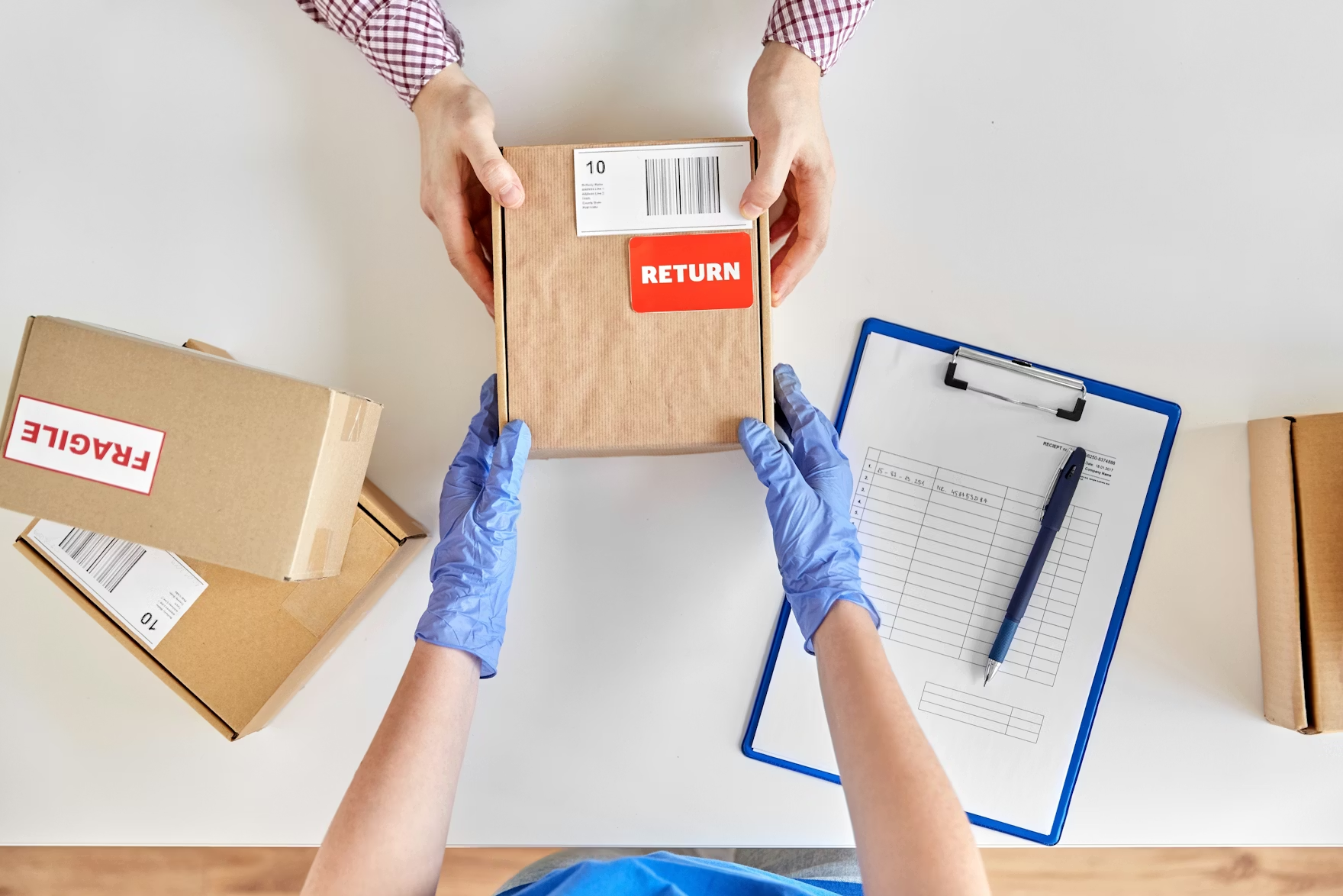


Pursuing e-commerce sales in the U.S. can be highly profitable as the sector continues to grow year after year. The top categories of fashion, food, and electronics continue to see $120+ billion in revenue, and show no signs of slowing. However, while the outlook for sales is good, international e-commerce brands must account for the challenges that come with managing returned inventory in the U.S. from abroad.
Logistics Challenges
Taxes, duties, and fees vary greatly among different countries, and international shipping can get complicated. In spite of that, it is still very important to offer a seamless customer process if a return is initiated to keep customers coming back. 84% of online shoppers would turn their back on a retailer after a bad returns experience.
An estimated 17.6% of merchandise purchased online is returned, and brands should evaluate the options for handling these without damaging their reputation from a poor customer experience or from operations that are financially detrimental to the company.
- Direct return shipments back to the original country: While this option allows for products to be reevaluated and inspected for resale opportunities, it can be both very costly and time-intensive. The financial burden due to shipping may outweigh the potential recouped costs from resale, especially if the product is a lower-cost item.
- Direct return shipments to an in-country warehouse: Shipping costs to an in-country third party warehouse may be lower than sending out of country, but most small and medium-sized businesses budget for only one warehouse location solution. Vast shipping distances and costs can still occur when accounting for returns coming from across the U.S. Warehouse services may also include high storage or disposal costs for returned inventory.
- “Keep It” returns or returnless refunds: Shipping costs are avoided completely, but this tactic can encourage fraud. $13.70 out of every $100 in returned merchandise is lost to fraud, and mitigating the rise in wardrobing, bracketing, and other consumer actions that lead to brand losses is important.
- Direct shipments to a nonprofit organization local to the return origin: Using LiquiDonate Magic Matches technology, the return is instantly matched with a local nonprofit in need of the item. Shipping costs are greatly reduced, the customer experience is seamless and quick, and the brand contributes to enabling a positive social impact in a community.
Case Study: International Apparel Company
An apparel brand based in the United Kingdom was managing its U.S. returns via a single third-party warehouse that received shipments nationwide.
By automating inventory donation processes with LiquiDonate, the brand reduced shipping distances by an average of 994 miles and saved money on shipping costs for 96% of returns in just one quarter. The simplified donation process also allowed the company to make a positive impact from a distance, which would not have been likely possible as a small brand based in another country.
Partner with LiquiDonate for U.S. Returns Management Today
LiquiDonate provides a seamless solution that empowers brands to seamlessly donate inventory to local nonprofits and greatly reduce the amount of returns management actions necessary for a successful customer experience. International e-commerce brands can streamline their reverse logistics, boost their environmental credentials, and make a positive impact in their target markets. The best part is, it’s easy to get started today with our Shopify App, web-based app, or API integration with RMS solutions like Loop, ReturnGo, and others.
Contact us today to schedule a personalized demo and discover how we can support your returns management!




.jpg)




